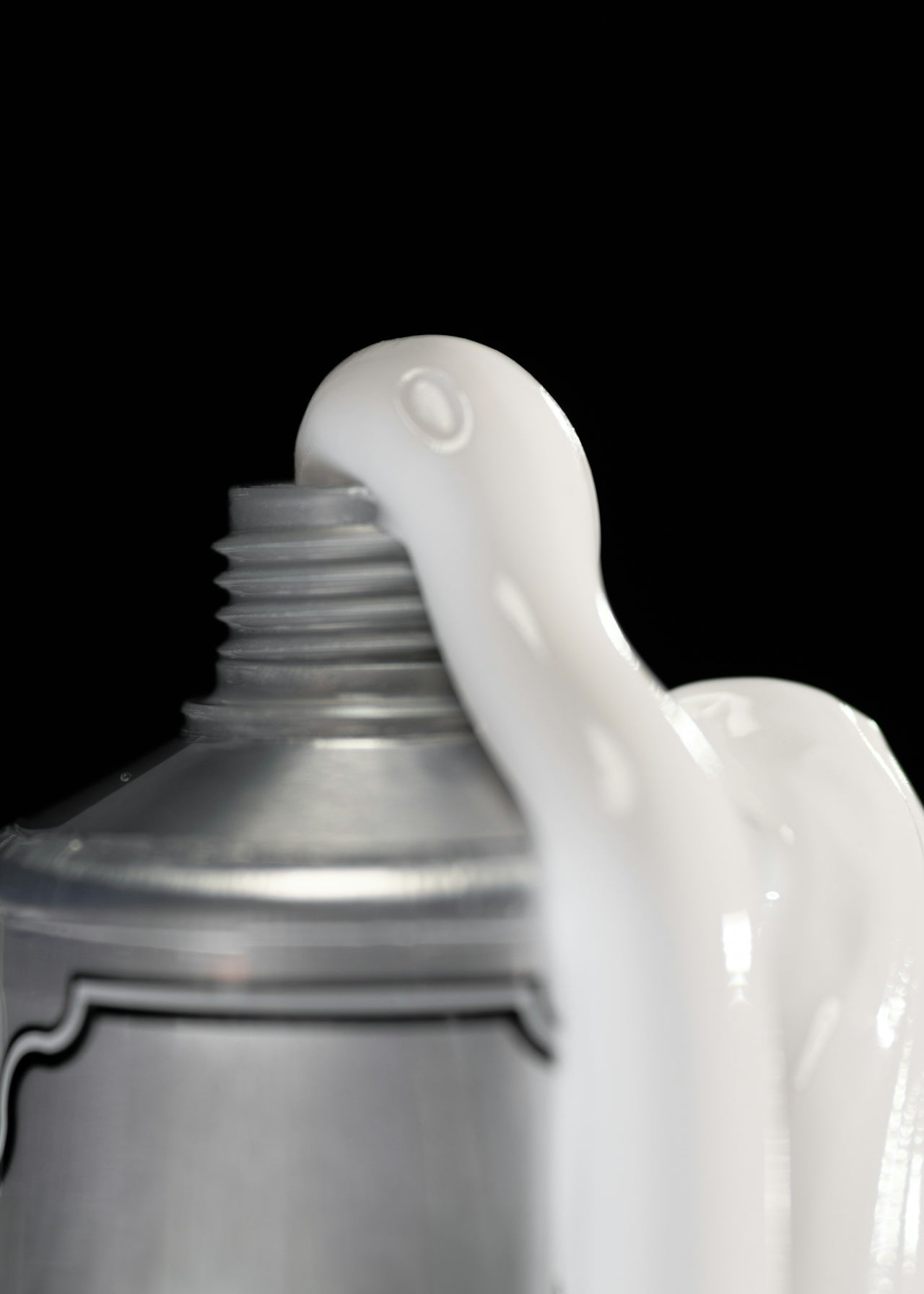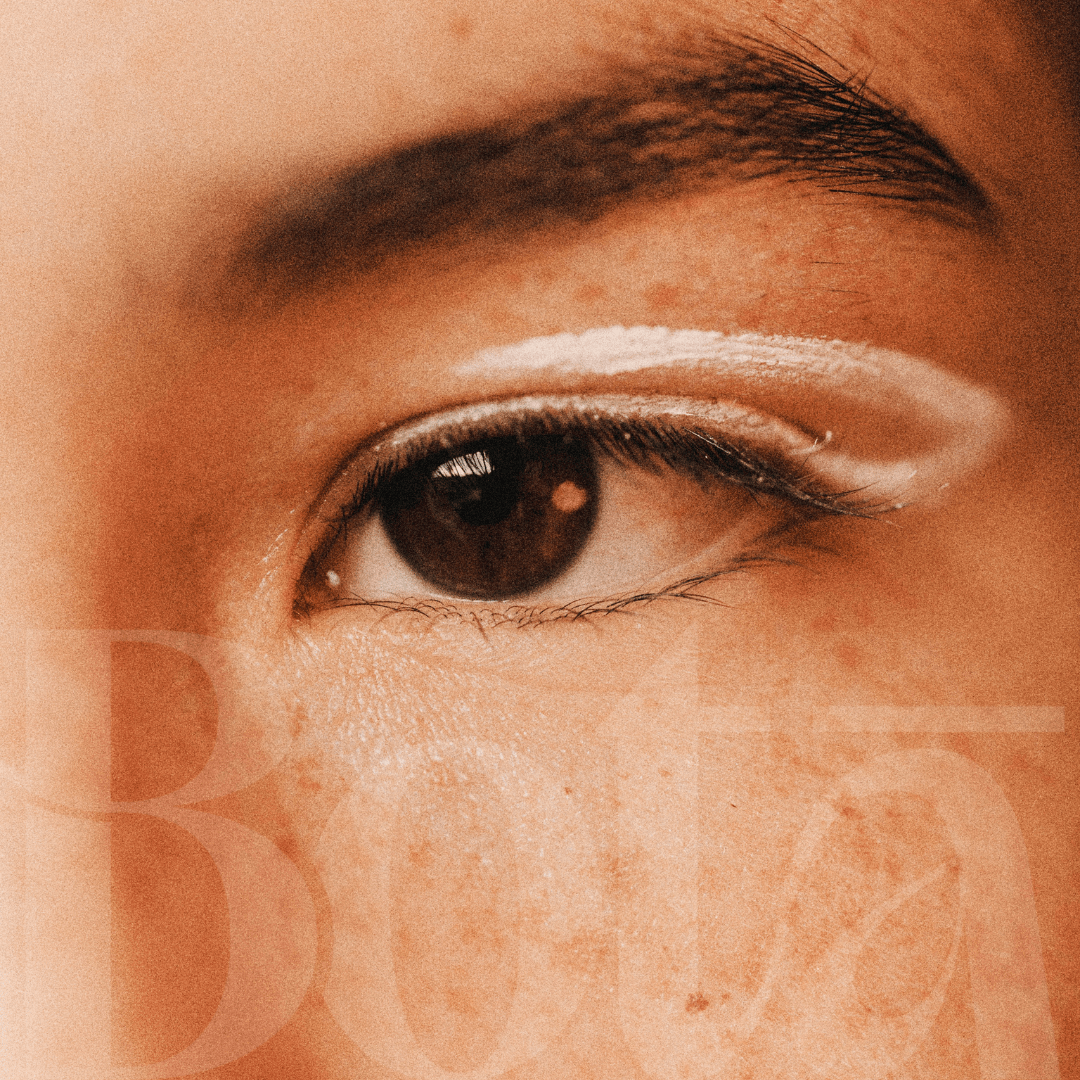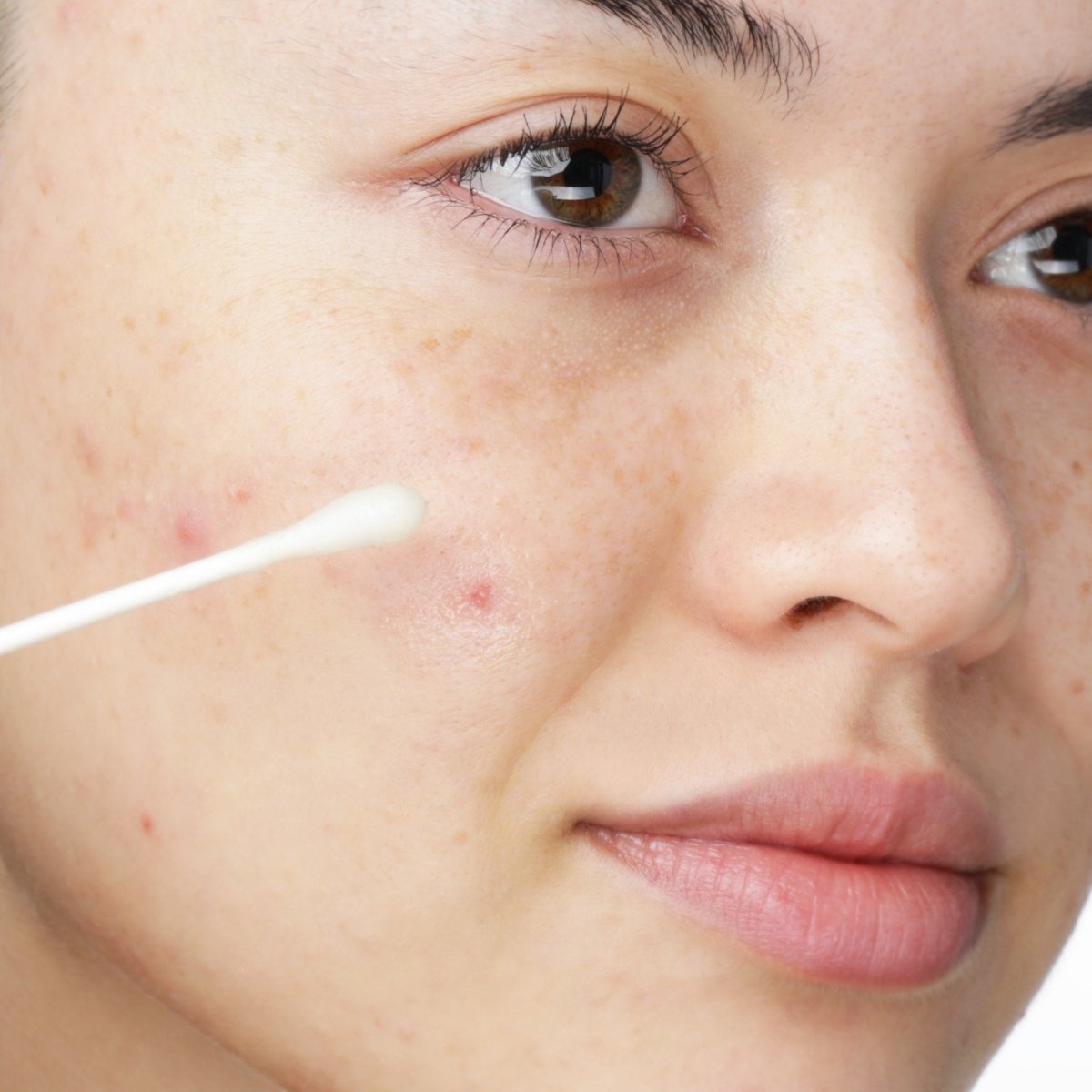How to Moisturize Your Face
Properly moisturizing your face involves more than just slathering on a cream; it requires a thoughtful approach to maximize its benefits. Begin by cleansing your face thoroughly to remove impurities and any leftover makeup, which ensures that your moisturizer can penetrate deeply into your pores.
Once your skin is clean, apply a toner to balance its pH levels, preparing it for the moisturizer. Take a small amount of your chosen moisturizer and gently massage it into your face using upward, circular motions. Focus on dry areas, but cover your entire face and neck. Allow the moisturizer to fully absorb before layering additional skincare products or makeup. This routine helps lock in hydration, leaving your skin feeling soft, supple, and well-nourished.
How to Moisturize Dehydrated Skin
Dehydrated skin lacks water and needs products that provide deep hydration. Start with a hydrating serum containing hyaluronic acid to attract moisture to the skin. Follow with a rich, hydrating moisturizer to reinforce the skin's barrier and prevent water loss. Using a humidifier at night is also beneficial to maintain optimal environmental moisture levels. Drinking plenty of water throughout the day can also help relieve dehydration from within.
How to Moisturize Dry Skin
Dry skin lacks oil and requires more emollient-rich moisturizers. Look for creams or ointments that contain ingredients like ceramides, glycerin, and shea butter, which are excellent for locking in moisture. Applying a facial oil after your moisturizer can also provide an extra layer of nourishment. Be sure to use a gentle, hydrating cleanser and avoid hot water, as it can strip the skin of its natural oils.
How to Moisturize Your Under-Eye Area
The skin under the eyes is delicate and prone to dryness. Use a specific eye cream designed for the under-eye area, often formulated to address concerns like puffiness and dark circles. Ingredients such as peptides, hyaluronic acid, and even caffeine can be beneficial. Gently pat the cream with your ring finger to avoid applying too much pressure.
> Check our Article on How to Use under Eye patches
How to Moisturize Overnight
Nighttime is the perfect opportunity to deeply moisturize and repair the skin. Use a thick night cream or a sleep mask packed with nourishing ingredients like hyaluronic acid, peptides, and antioxidants. These products work overnight to replenish and restore your skin. You can also layer your moisturizers, starting with a hydrating toner, followed by a serum, and then your night cream to maximize benefits. Consider using a silk pillowcase to reduce friction and retain moisture.
Sensitive Skin:
Sensitive skin types require gentle, fragrance-free products. To avoid irritation, moisturize twice daily, but ensure you use products formulated for sensitive skin.
What should I do after moisturizing my face?
After moisturizing your face, there are a few things you can do to enhance the benefits of your moisturizer and promote healthy skin:
- Apply sunscreen: Sunscreen is essential in any skincare routine, even on cloudy days. After moisturizing, apply a broad-spectrum sunscreen with at least SPF 30 to protect your skin from harmful UV rays.
- Use facial massage techniques: Massaging your face after applying moisturizer can help improve circulation and lymphatic drainage, promoting a healthy, glowing complexion.
- Avoid touching your face: Avoid touching or rubbing your face throughout the day. Doing so can transfer bacteria and irritate your skin, leading to breakouts or irritation.
- Stay hydrated: Drinking plenty of water is essential for maintaining hydrated, healthy skin. Aim for at least eight glasses daily to help keep your skin plump and radiant.
Following these additional steps and tailoring your moisturizing routine to your specific skin type can help you achieve optimal hydration and maintain a glowing complexion.
Why should you moisturize your skin every morning?
Moisturizing your skin every morning is crucial for maintaining its health and appearance. Morning hydration helps to replenish the moisture lost during the night and creates a protective barrier against environmental stressors such as pollution, harsh weather, and UV radiation. Incorporating a morning moisturizer into your routine ensures your skin stays soft, supple, and resilient throughout the day.
It also helps to balance oil production, reducing the risk of breakouts and dryness. Consistent use of a suitable moisturizer can improve your skin's texture and reduce the appearance of fine lines and wrinkles over time.
Why do you need to moisturize your face at night?
Moisturizing your face at night allows your skin to take full advantage of the therapeutic processes that occur while you sleep. During the night, your skin shifts into repair mode, addressing daily damage and environmental stressors. Applying a night moisturizer, especially one rich in hydration and nourishing ingredients like peptides, retinol, and ceramides, supports this natural repair process. It helps to restore skin elasticity, even our complexion, and boost collagen production.
Night time moisturizers also prevent water loss, ensuring your skin remains intensely hydrated. Consistent nightly moisturizing aids in waking up with refreshed, plump, and healthy-looking skin, ready to face a new day.













